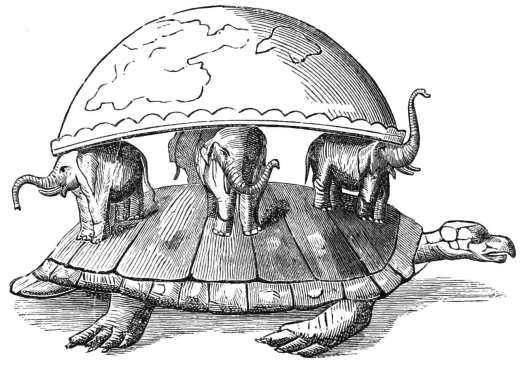Podcast on Novara Media.
Good to hear about psychodrama on a political podcast. Sounds like some good work in Cairo!
Continue reading “#ACFM Microdose: Psychodrama with Nada Sabet”
Podcast on Novara Media.
Good to hear about psychodrama on a political podcast. Sounds like some good work in Cairo!
Continue reading “#ACFM Microdose: Psychodrama with Nada Sabet”
I’m reading it, and enjoying it as a novel. So far. Here is a review plus interview: Worth reading.
One thing troubles me. On the one hand he is pro the Paris agreement, as he says in the interview, to criticise it is:
“It’s so crazily idealistic where the perfect is being the enemy of the good.”
On the other hand, he…
Got it from here.
Great stuff!
“Marc Petitjean grew up in a house where Frida Kahlo’s painting, The Heart, also named Memory, hung on one of the walls. Uncovering the story of how the painting was given by Frida to his father, Michel Petitjean, he unfurls not only a passionate love affair between them in pre-Second-World-War Paris, but also a back story about Frida’s paintings around the time and the intersections between France’s surrealist circles and contemporary politics.”
Enjoying this half invented book with lots of name dropping of French artists in the thirties. Interesting. Here is the art in question 

Listening on Scribd
and reading on Kindle.
So many people! I’ll bring them in and their art as I did with another book Optic Nerve (blog post)
I’ll start with Frida and then Diego Rivera
Continue reading “Book: The Heart, Frida Kahlo in Paris by Marc Petitjean”
“Who Shall Survive?” begins with a universal statement about humanity.
“SOCIAL AND ORGANIC UNITY OF HUMANKIND *”
That’s the heading and it makes quite a statement! It is followed by the classic opening line about mankind:
“A truly therapeutic procedure cannot have less an objective than the whole of humankind.”
Continue reading “Moreno’s promise to humanity — in jeopardy”
For Moreno spontaneity was “a new response to an old situation or an adequate response to a new situation” (1953, p. 336), with creativity adding the element of inventiveness.
Moreno, Zerka T. (1987) “Psychodrama, Role Theory, and
the Concept of the Social Atom.” in Zeig, Jeffrey K., Evolution Of Psychotherapy, first Conference. Taylor and Francis. Kindle Edition.
Zerka is quoting from the definition that is on the same page in the 1978 edition, 366.
Here is another quote from “Who Shall Survive?” 1978 edition, Page 42:
Spontaneity operates in the present, now and here; it propels the individual towards an adequate response to a new situation or a new response to an old situation. It is… the least developed among the factors operating in our world; it is most frequently discouraged and restrained by cultural devices.
So is spontaneity the response, or that which propels the response?
From the Dictionary:
Ontology
noun: ontology; plural noun: ontologies
1.
the branch of metaphysics dealing with the nature of being.
2.
a set of concepts and categories in a subject area or domain that shows their properties and the relations between them.
“what’s new about our ontology is that it is created automatically from large datasets”
Origin
early 18th century: from modern Latin ontologia, from Greek ōn, ont- ‘being’ + -logy.
I have long had a phrase I use “It’s only ontology”. I use it to listen to people as they talk about Jesus, Chi, Shan, God, spirit or soul and so on. My little phrase reminds me to listen to the person rather than get into a debate about the existence of this or that. Also, irrespective of the existence of stuff, ontology “shows properties and the relations between” categories. For an archetypal psychologist, for example, there is a fundamental distinction between soul and spirit. Other people may use the words differently, yet they can reveal much about their world view. It’s only ontology.


I am looking back on earlier posts in relationship to ontology. Here is one where my phrase does not hold:
Useful simple short article.
https://www.sfr-21.org/human-nature.html
Marx:
“Estranged labour, therefore, turns man’s species-being – both nature and his intellectual species-power – into a being alien to him and a means of his individual existence. It estranges man from his own body, from nature as it exists outside him, from his spiritual essence, his human existence.”
Working for money and not for love changes our nature. We become alien to ourselves, to our bodies and minds. We become alien to to our nature and the world around us. When we are strangers to our creativity we become strangers our own bodies, to nature as it exists outside us, to our spiritual essence and our human existence.